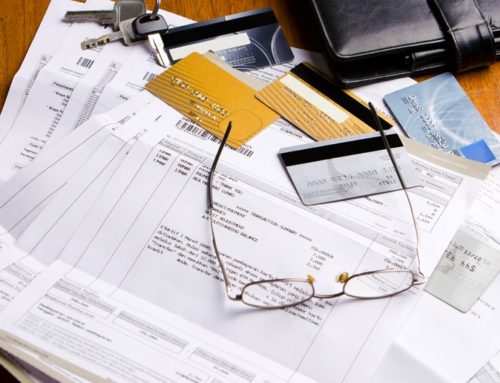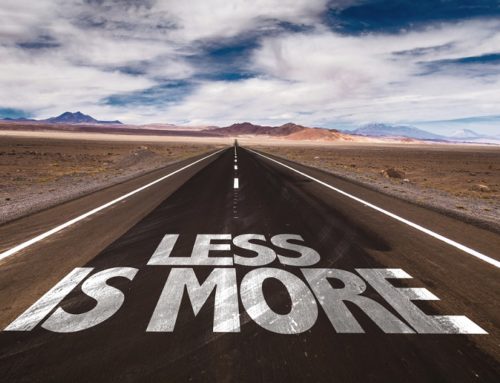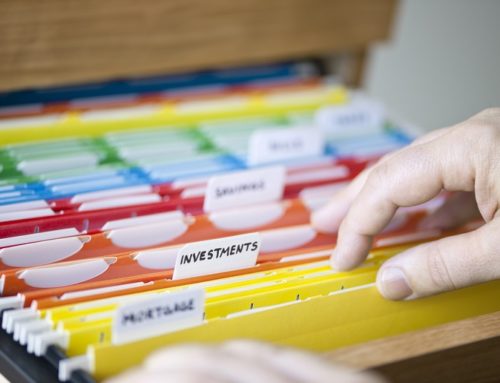Most financial experts would advise you to have an emergency fund equivalent to 3-6 months of basic living expenses.
Let’s first explore what is considered an emergency and what is included in the basic living expenses.
An emergency is an event you could not foresee; hence, you could not have planned for it in your existing budget. An unexpected roof leak, paying the deductible following a car accident and a sudden trip abroad to visit an ailing family member are all emergencies. On the other hand, a trip to Cuba in the winter or Christmas gifts are not considered emergencies, since you can save for them in advance.
Basic living expenses include your rent/mortgage payment, car payment, groceries, gas, insurance, heating and other necessary day-to-day expenses. It is not required to include expenses such as restaurants or movies when estimating this amount, since they can be easily cut out.
So if you estimate your necessary living expenses to be $5000 per month, it entails having an emergency fund composed of at least $15,000 of cash savings.
However, reality is much different for many households.
As a money coach, I often witness situations where people can hardly cover their bills in between paychecks. The idea of having 3-6 months’ worth of living expenses in a savings account, when you are struggling to pay down debt, seems like an unattainable financial standard. Because it feels unreachable, you abandon the idea of building an emergency fund all together, sometimes even before trying.
As a middle ground, I often recommend to aim for a mini emergency fund made of $2000. Although it is far from the recommended level, I believe it is a decent start. Given the smaller size of this goal, you have a slimmer chance of losing your motivation. You will also be able to achieve it within a short period of time. In order to “find” the $2000, it is crucial to take a close look at how you are currently spending your money and eliminate all unnecessary expenses, until your emergency fund is built up. This could include cutting out the restaurants, lottery tickets, movies and other entertainment. You could possibly work overtime for a short period of time or temporarily accept a second job, in order to save the extra earnings. Saving for an emergency fund will require you to be more creative and do things differently than you currently are.
In the end, having a small financial cushion will do great wonders to your spirit when you are able to cover an emergency with funds you already have, rather than relying on your credit card. Achieving the smaller goal will also give you the motivation and discipline to accomplish a bigger one.






